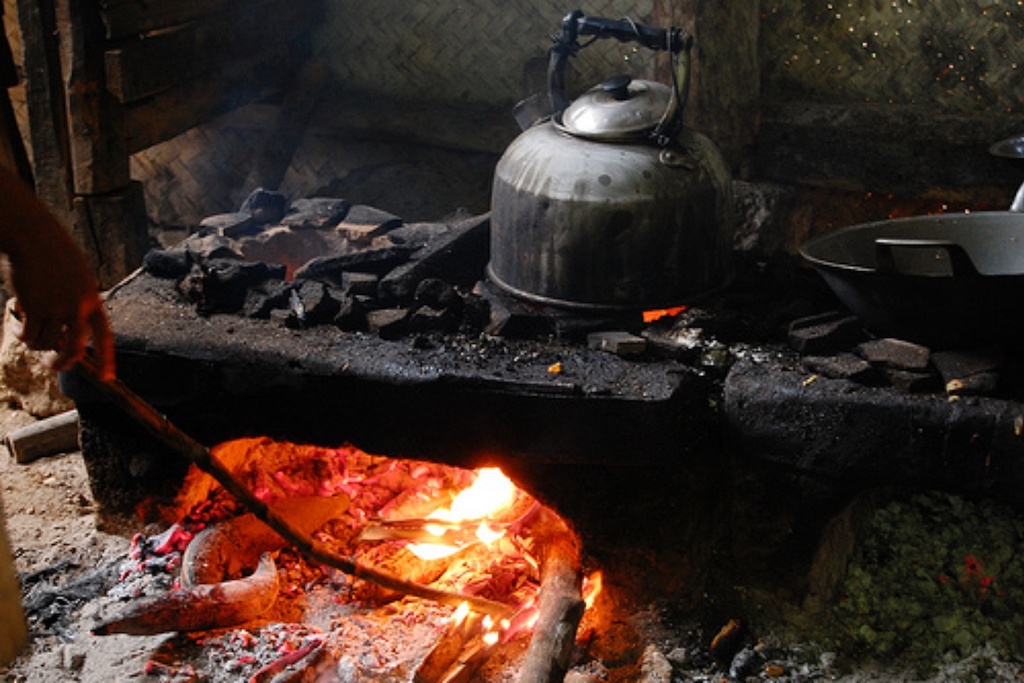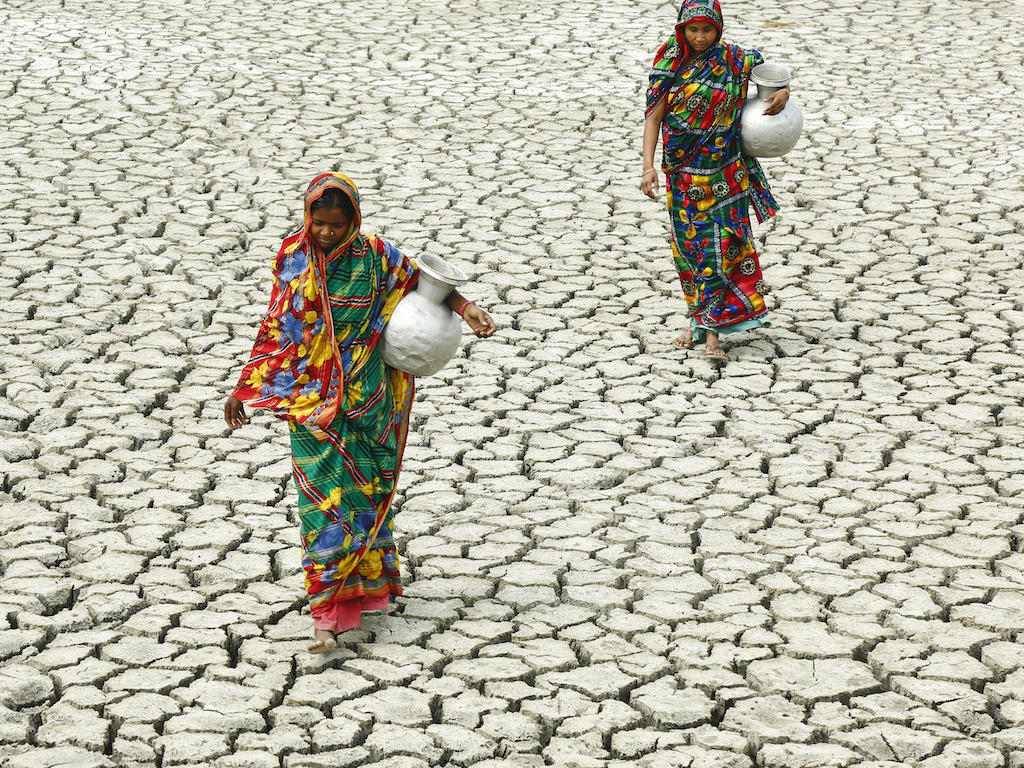4 Mins Read
This year marks 20 years since Bill and Melinda Gates founded their philanthropic Gates Foundation, and in their annual letter where they discuss plans on how to tackle some of the world’s biggest problems, the couple spotlighted two issues for 2020: the climate crisis and gender inequality. While global health remains the core focus of the Gates Foundation, both the climate emergency and gender inequality factor into the challenge, making people more vulnerable to diseases, poverty and security threats.
For Bill Gates, his focus on climate change and its connection to global health and public education stemmed from his trips to low-income countries, where he experienced first-hand the effects of “energy poverty”. While our modern world is built on and powered by electricity, over 860 million people in the world live without it and are left in darkness, a key prerequisite to human development and social mobility.
Without electricity, people have to cook using dirty fuels such as charcoal, cardboard or even burning plastic waste, which had recently been reported in Indonesia. This pollutes air, causes respiratory problems, and creates a cycle of environmental and physical health risks in combination with climate change.
Lifting people out of poverty involves access to electricity – but this is now complicated by the fact that we are now quickly depleting the global carbon budget. The climate crisis means that emissions must be slashed, yet development requires an emissions-creating resource. This was where he realised the paradoxical reality of the world, where the “poorest people, who contribute the least to climate change, will suffer the worst.”

Aside from the issue of energy, what climate change will mean for food security will also place heavy burdens on subsistence farmers who rely on their crops to feed their families. With ever-rising temperatures and extreme rainfall patterns becoming more frequent due to the climate emergency, farmers will have to battle droughts and floods that will wipe out the majority of their crop yields. If the world heats up by 4 degrees celsius, sub-Saharan African farmers will see their growing season decline by at least 20%.
In turn, this will not only perpetuate inequalities – but the cascading effects of poverty too, including malnutrition and susceptibility to diseases.
There are clear interlinkages between global issues, as climate scientists have warned in a recent report addressed to world governments and corporate leaders. Understanding these connections that could lead to a domino of negative consequences, Gates said in his letter that mitigation is not enough – we need climate adaptation.
“If we’re going to prevent a climate disaster, climate-specific interventions and solutions aren’t enough. We need to be thinking about the indirect effects too, like how a warmer planet will affect global health,” the letter read.
Funding research into flood and drought-resistant varieties of staple crops such as rice, for instance, will help support farmers withstand the climate crisis, which will hit subsistence farmers in Asia and Africa the hardest. By ensuring the security of their crop yields using climate-resilient varieties, the threat that farmers face can be reduced, alongside rates of malnutrition and vulnerability to diseases.

Relatedly, Melinda Gates emphasised gender inequality being at the top of her mind. In a “world that has refused to make gender equality a priority,” Gates said that the pace at which women take on leadership positions across business and government needs to be sped up, and barriers to workforce entry for women must be eliminated.
But gender equality doesn’t end there – again, this is a global issue that is intertwined with the climate crisis. The majority of those living in poverty are women, due to a variety of factors from asset division to political representation and cultural norms, but what this means is that women are continually confronted with a higher risk to the impacts of climate change. Because they face these challenges directly, they are the often most well-equipped and knowledgeable in helping to solve and provide policy suggestions for climate-related issues.
The issue of gender equality is also pervasive in advanced economies, where again, women remain an untapped resource when it comes to combating climate change. Even in the most socially progressive industries of today, such as the food tech sector working on sustainable food solutions, companies are still sticking to the unequal gendered status quo. With less women paid equally, in leadership positions, or attracting the same amount of funding, the systematic gender inequality that prevails across organisations and companies developing climate solutions hampers impactful innovation that is urgently needed to fight the most critical planetary issues of today.
We can no longer treat global issues in isolation. From poverty to climate change to gender inequality and human health – these are all global concerns that must be understood as interacting systems. And accordingly, as Gates’ annual letter spotlighted, we must address all these issues in whole if we are to sustain our life on this planet.
Lead image courtesy of WaterAid / Abir Abdullah.




